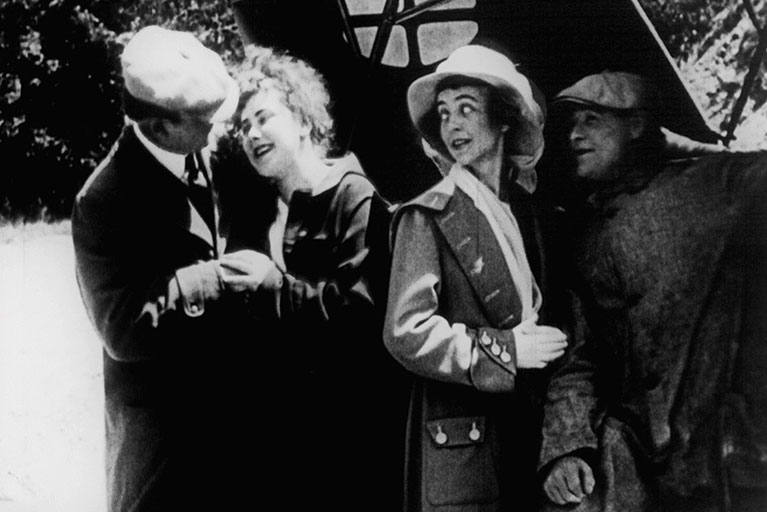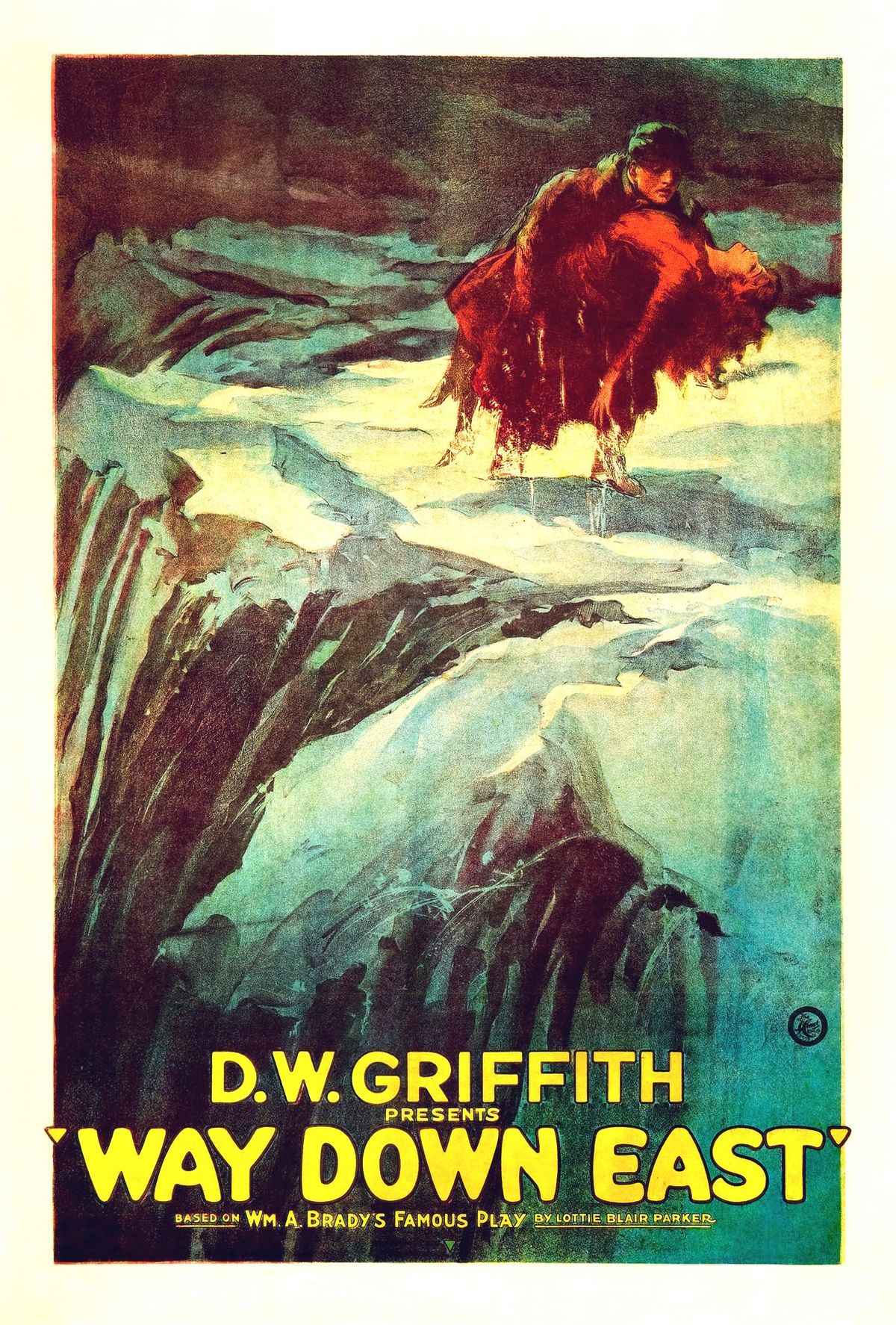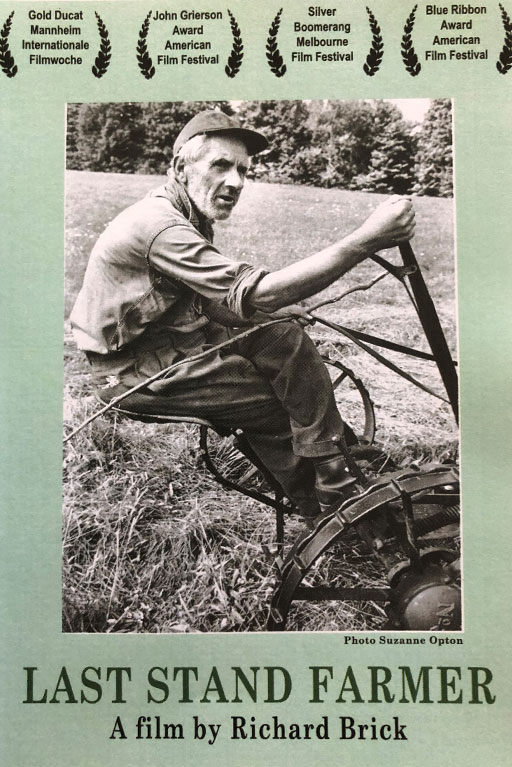Vermont on the Silver Screen
From A Vermont Romance to Funny Farm, our state has been featured in films for over a century. What are the myths that Hollywood creates about our lives in Vermont? And what are the myths that we create ourselves?
Image of Kenneth O’Donnell by Suzanne Opton.
This Episode’s Featured Object:
A Vermont Romance film
Fred Pond: The title itself sounds very romantic, but it’s really not a romance film. It’s almost a political film.
Narrator: The half-hour, black-and-white movie was shot in just 10 days in the summer of 1916. Vermonters were chosen in a statewide contest to be the actors.
Fred: And it shows. It’s not too zippy, but it does have for that time, of course, romances. And there are car chases. You must have car chases.
Images: portions of 1920’s Way Down East by D.W. Griffith were filmed in White River Junction, Vermont.
The DVD cover of Richard Brick’s 1975 film, Last Stand Farmer, features a photograph of the film’s primary subject, Kenneth O’Donnell, taken by Suzanne Opton.
Episode Transcript
[Music from A Vermont Romance]
Fred Pond: It’s called A Vermont Romance. And the title itself sounds very romantic, but it’s really not a romance film. It’s almost a political film.
One of the earliest films made in Vermont was produced by The Vermont Advance, the newspaper of the Progressive Party. They wanted to promote the modernization of the state.
The half-hour, black-and-white movie was shot in just 10 days in the summer of 1916. Vermonters were chosen in a statewide contest to be the actors.
Fred: And it shows. It’s not too zippy, but it does have for that time, of course, romances. And there are car chases. You must have car chases.
Fred Pond has volunteered at the Vermont Historical Society for over a decade, helping to locate and preserve old films, including A Vermont Romance.
Fred: A woman leaves the country and moves to the city. Meanwhile, there’s a tour of the bread factory in White River Junction.
Episode Credits
Before Your Time is presented by Vermont Humanities and the Vermont Historical Society. This episode was produced by Amanda Gustin and Ryan Newswanger, with help from Hannah Kirkpatrick.
Thanks to our guests: Fred Pond, Suzanne Opton, and Andy Kolovos. Thanks to the Vermont Archive Movie Project, a program of the Vermont International Film Festival, and to Bob Merrill for the use of the music that Bob composed for A Vermont Romance. Thanks as well to the Vermont Folklife Center for the use of the Last Stand Farmer audio clips, and to Noah Brick for sending us a DVD of the film.
Music is by Michael Chapman and the Woodpiles, Augustine, Adi Goldstein, and Tobias Voigt.


